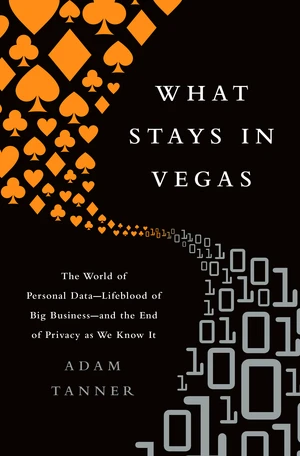The greatest threat to privacy today is not the NSA, but good-old American companies. Internet giants, leading retailers, and other firms are voraciously gathering data with little oversight from anyone. In Las Vegas, no company knows the value of data better than Caesars Entertainment. Many thousands of enthusiastic clients pour through the ever-open doors of their casinos. The secret to the company's success lies in their one unrivaled asset: they know their clients intimately by tracking the activities of the overwhelming majority of gamblers. They know exactly what games they like to play, what foods they enjoy for breakfast, when they prefer to visit, who their favorite hostess might be, and exactly how to keep them coming back for more. Caesars' dogged data-gathering methods have been so successful that they have grown to become the world's largest casino operator, and have inspired companies of all kinds to ramp up their own data mining in the hopes of boosting their targeted marketing efforts. Some do this themselves. Some rely on data brokers. Others clearly enter a moral gray zone that should make American consumers deeply uncomfortable. We live in an age when our personal information is harvested and aggregated whether we like it or not. And it is growing ever more difficult for those businesses that choose not to engage in more intrusive data gathering to compete with those that do. Tanner's timely warning resounds: Yes, there are many benefits to the free flow of all this data, but there is a dark, unregulated, and destructive netherworld as well.
Price history
Oct 25, 2021
€11.48

